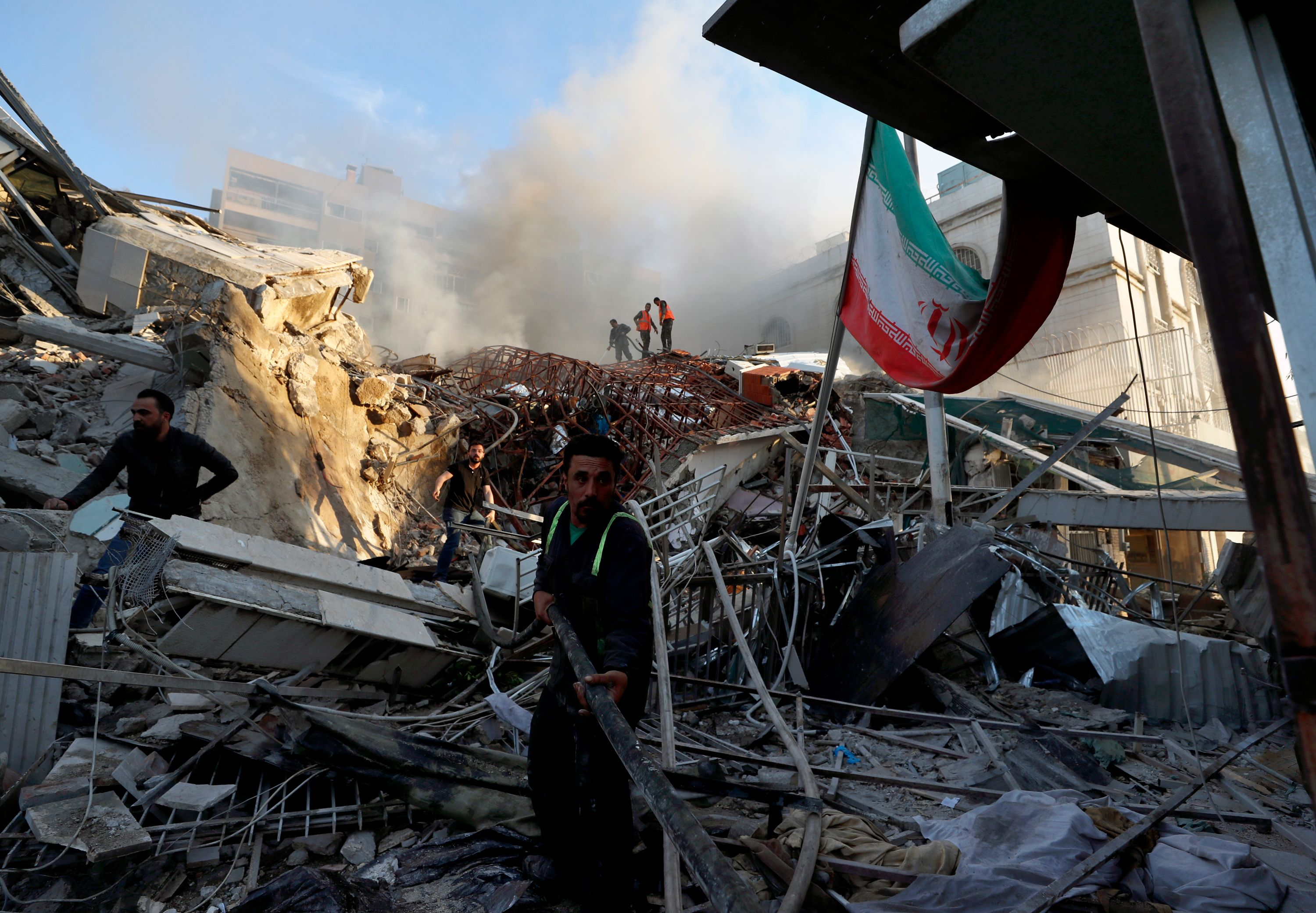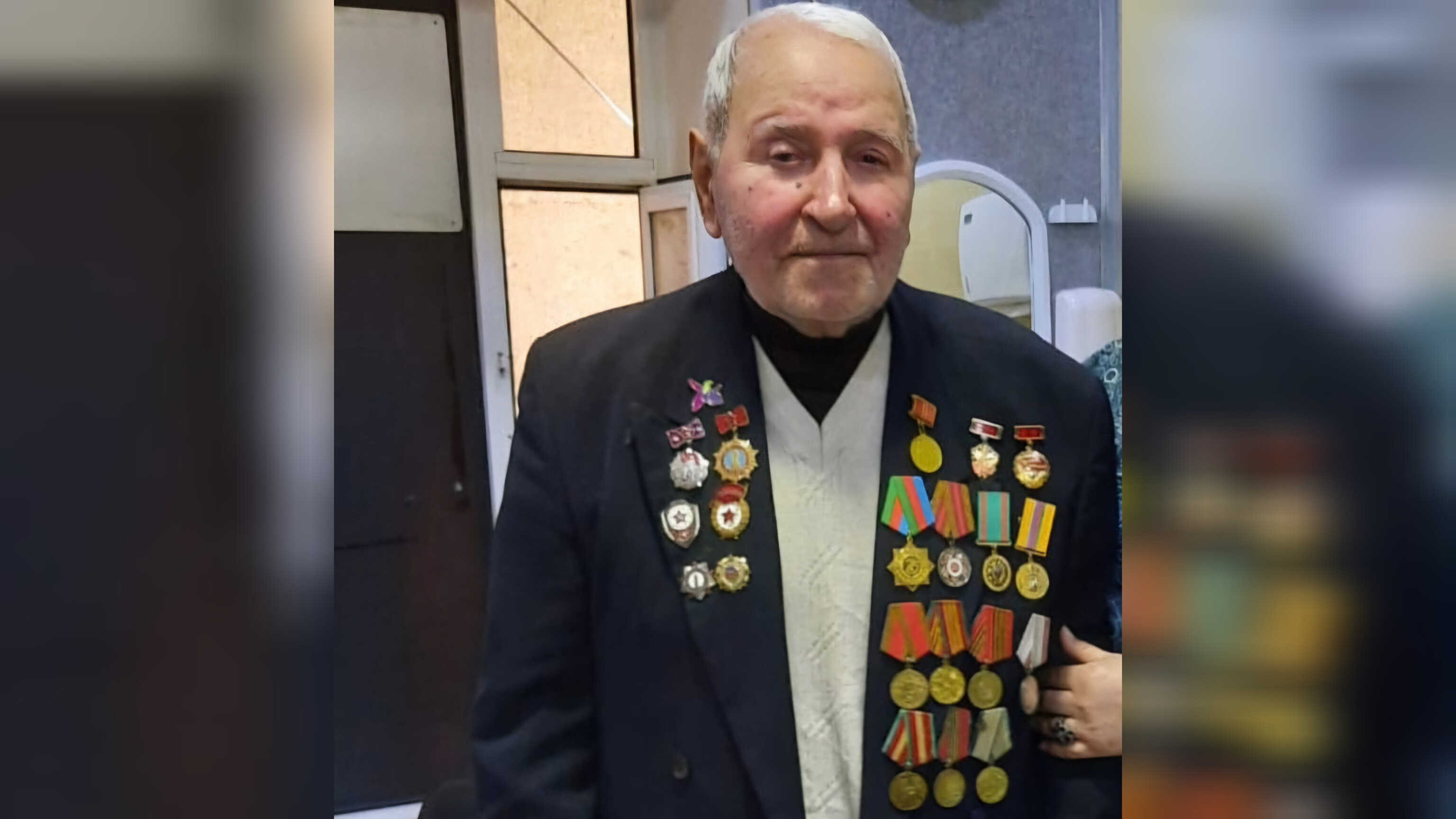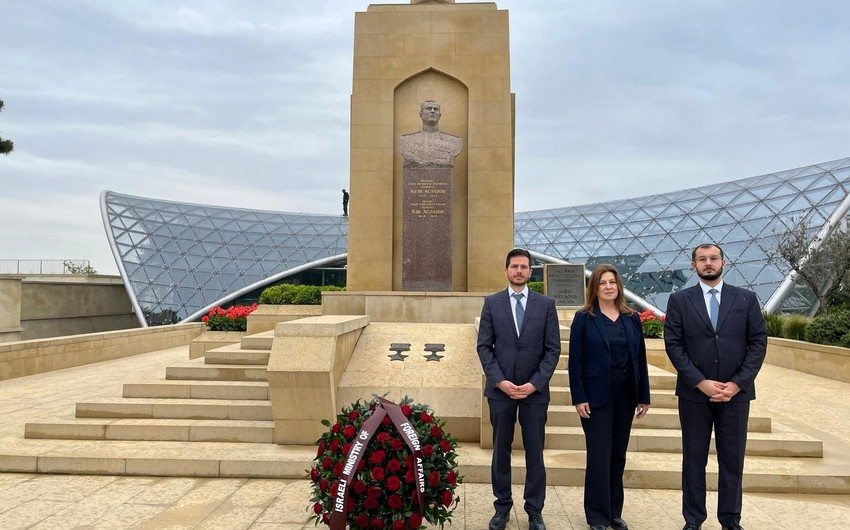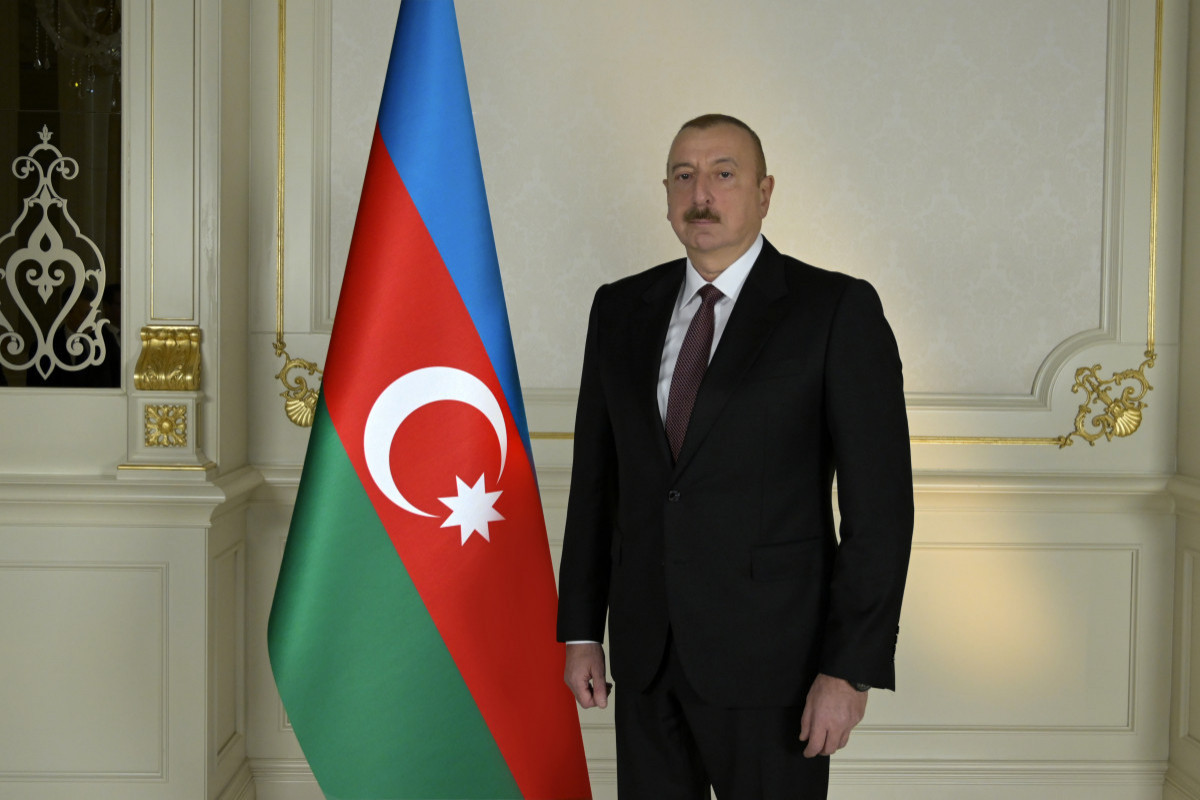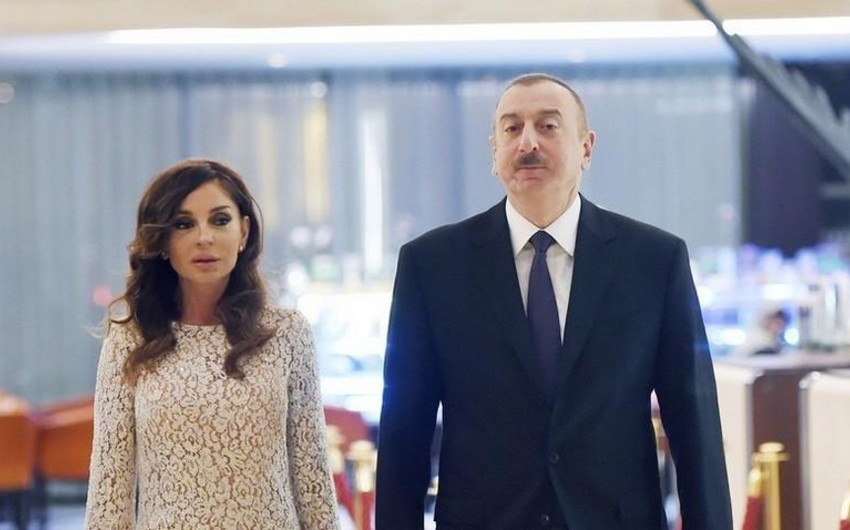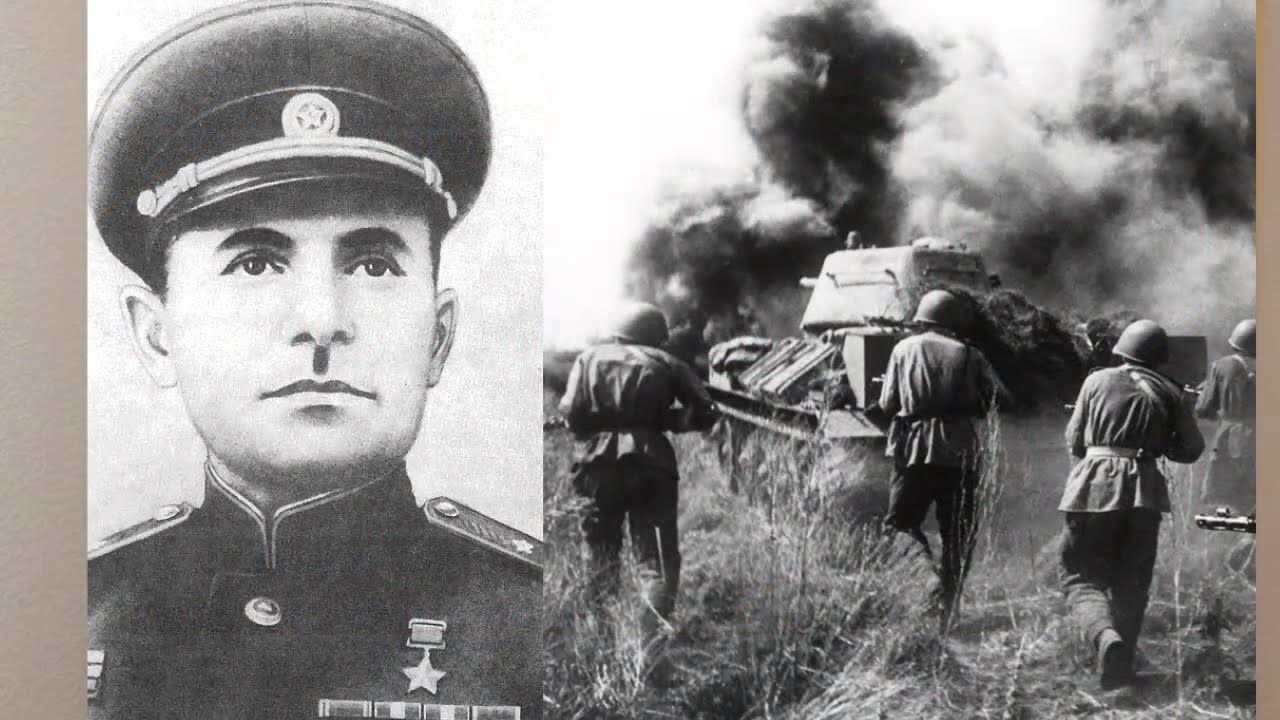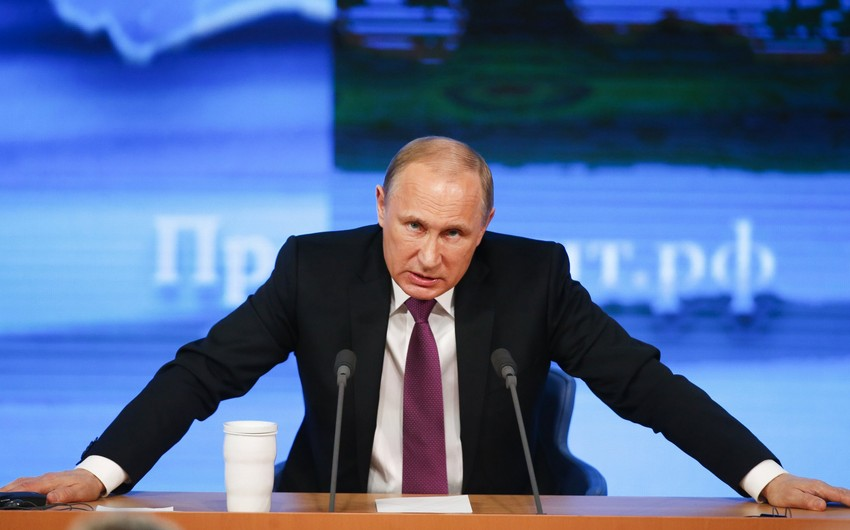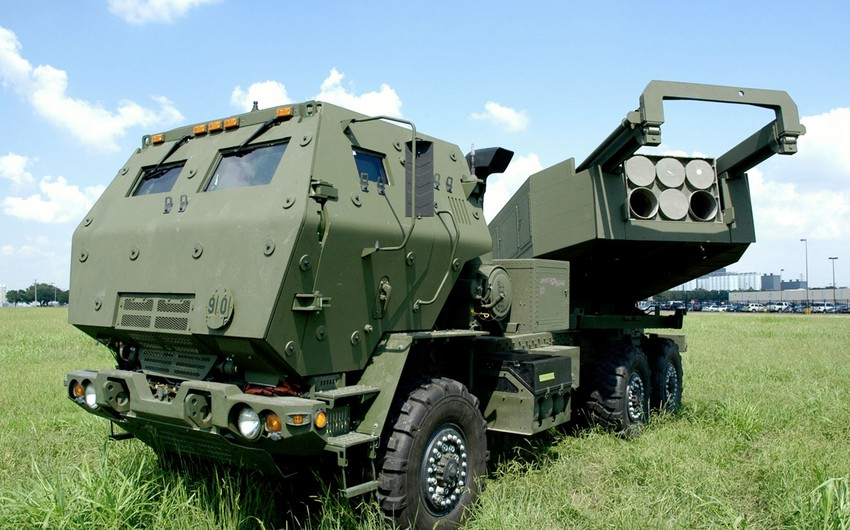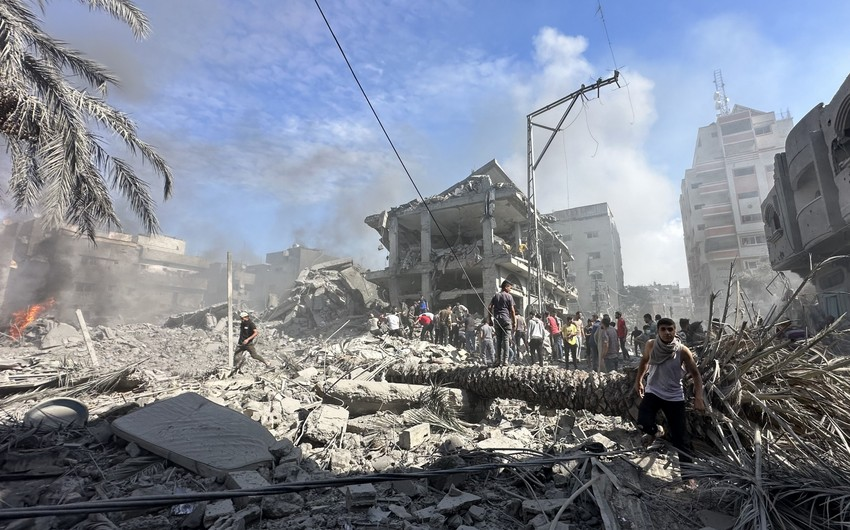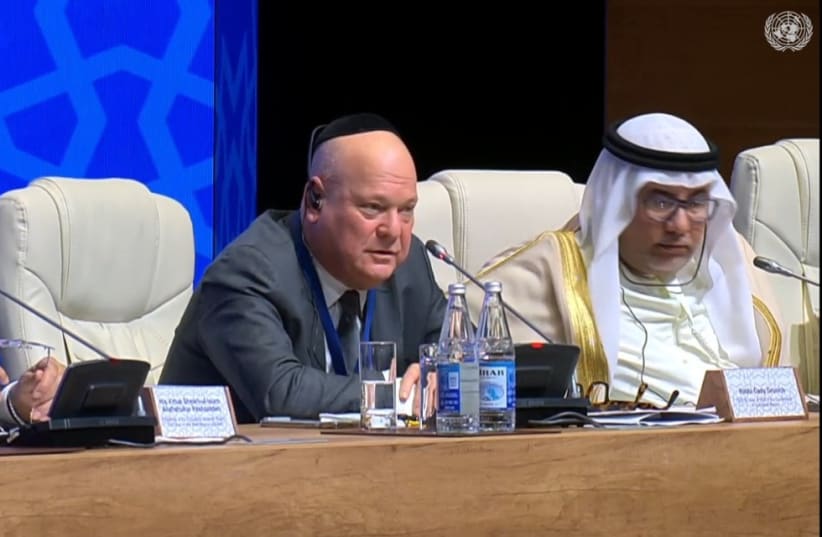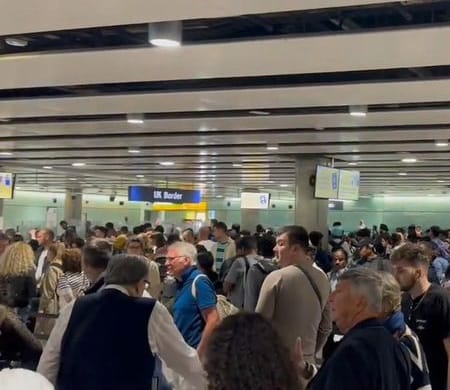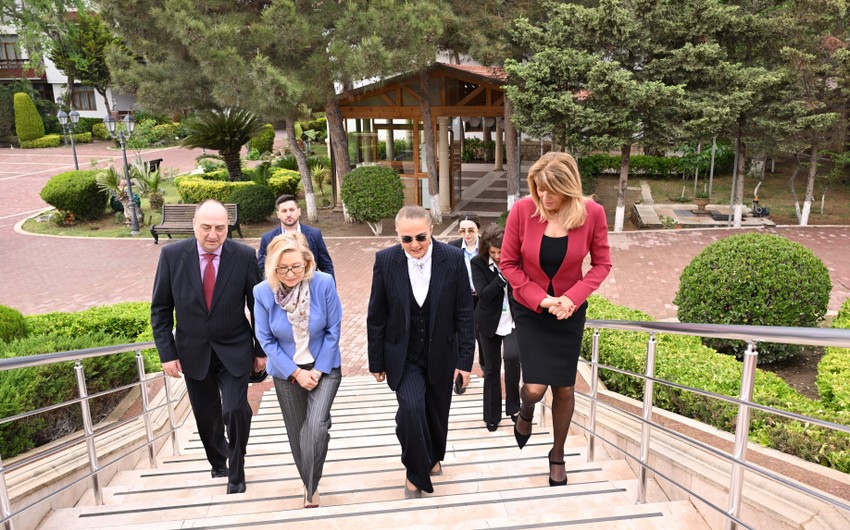Raja Abdulrahim, the Middle East correspondent of The New York Times, published an extensive article about Syria, one of the countries suffering from landmines.
Ednews reports that the article was published under the title "A Ceaseless War Leaves Lethal Threats Lurking Underfoot."
The deadly horrors of mines continue to worry the whole world day by day. That is why the whereabouts of the countries suffering from landmines is being heard. The horrors of landmines/explosives and their impact on innocent children and farmers are worrying everyone, as well as Azerbaijan. Because Azerbaijan is among the countries that suffer the most from landmines.
In the words of Heidi Khun, head of the "Roots of Peace" NGO, one of IEPF's partners, "Together, let us raise global awareness regarding this tragic peril of landmines & inspire the world to turn MINES TO VINES across all borders—Azerbaijan, Syria, Ukraine…".
Since many countries of the world suffer from landmines and everyone is worried about this deadly threat, the New York Times dedicated one of its articles to this "invisible enemy".
Ednews presents the full article:
"A Ceaseless War Leaves Lethal Threats Lurking Underfoot "
Even as the fighting in Syria has largely stalled, more than a decade of conflict has left behind an array of unexploded munitions like cluster bombs. An earthquake in February heightened the risks.
The two sisters were walking home when they spotted a metal orb about the size of a softball. They didn’t know what it was when they picked it up, but they figured that scrap metal buyers who make the rounds where they live in northwestern Syria might pay about 30 cents for it.
It was a live cluster bomblet.
“It was gray. It was this big,” one of the sisters, Duaa, 10, said recently, stretching the fingers on her left hand as wide as she could. She recalled how her sister Rawa’a, 11, then handed her the bomb while she was holding their seven-month-old brother, Mitib, on her hip. A second later, it exploded, shattering Duaa’s right hand.
Rawa’a lost her left eye, and Mitib’s cheeks still bear scars from the explosion.
Syria’s 12-year conflict — now largely at a stalemate — has wrought widespread destruction and killed more than 500,000 people while forcing millions more to flee their homes. And like other modern conflicts, it has left a deadly legacy of unexploded artillery shells, mines and other munitions on farmland, roadsides and in buildings, posing an indiscriminate threat to lives long after the fighting subsides.
But cluster munitions, widely banned weapons that break apart in midair and scatter dozens of smaller bomblets over a wide area, are especially deadly. The bomblets have a high dud or failure rate and pose what the Syrian Network for Human Rights called “an open-ended threat to the lives of Syria’s future generations.”
Last month, the Biden administration drew international condemnation when it announced that it would send cluster munitions to Ukraine for its counteroffensive against Russia.
Russia’s military support for the authoritarian Syrian president, Bashar al-Assad, has been critical in helping him cling to power, and his regime has relied on intense and indiscriminate airstrikes to regain territory. The United States has condemned Russia’s use of cluster bombs and other indiscriminate weapons in Syria, calling it irresponsible.
Cluster munitions have killed nearly 1,500 people in Syria, including 518 children, since 2011, according to the Syrian rights network. Land mines have killed another 3,353 civilians, including 889 children.
A devastating earthquake that hit northwestern Syria in February exacerbated the dangers. It struck an area already mired in humanitarian crisis, home to some 4.2 million people, more than half of them displaced from other parts of the country by the war. Many of them were already living in tent camps or hastily built homes.
The quake killed thousands in Syria and destroyed some 10,000 buildings, leaving about 265,000 homeless, according to the United Nations. Many sought shelter in open fields or on roadsides, away from crumbling buildings.
“With every new wave of displacement, this becomes a greater risk,” Mohammad Sami al-Mohammad, an explosives expert with the White Helmets, a Syrian civil defense organization, said of the threat from unexploded munitions.
After days of pulling survivors and bodies from buildings damaged by the earthquake, the White Helmets turned to removing rubble and combing lands where newly homeless people had fled to, sometimes with metal detectors.
For years, civil defense workers operating in parts of Syria like the northwest, which are controlled by groups opposed to the Assad regime, have worked painstakingly to clear unexploded munitions. Minefields dot the country as well, especially in areas that were once under government control. But the White Helmets do not have the technical ability to clear those.
The HALO Trust, a global mine-clearing organization, will begin that task this month in minefields in northwestern Syria.
Another agency, the United Nations Mine Action Service, has overseen the clearing of about 500 acres of agricultural land in Syria, destroying more than 500 explosives.
In the northwest, however, no area is fully safe because Syrian and Russian warplanes still carry out airstrikes. An area cleared today can be bombed and contaminated again tomorrow.
Duaa, the young girl who lost her right hand, also has a deep scar running the length of her shin. She tried wearing a prosthetic hand, but it was too heavy for her.
Rawa’a, her sister, has a glass eye that makes her injury barely noticeable. But she is so self-conscious that she has stopped going to school. She sometimes hides when strangers visit, covering her face with a curtain.
Their mother, Wafaa al-Hassan, said the moment her children were hurt was etched into her memory.
“I see it in my nightmares,” she said.
“What?” Duaa asked, looking up at her mother. “Your injury,” her mother replied.
The war had already left scars on the family, who live in a tent camp for people displaced by the war on the outskirts of the city of Idlib in northwestern Syria.
Less than a year earlier, Ms. al-Hassan’s husband was killed in a similar tragedy when one of their sons handed him an unexploded munition. It went off and killed him instantly.
Despite the dangers, many living in northwestern Syria, amid grinding poverty and high unemployment, still search for scrap metal to sell, even bombs and shells. For some, it is their only source of income.
The White Helmets conduct hundreds of sessions to educate people on unexploded munitions and residents credit the training with reducing casualties in recent years.
In 2015, Noor el-Hammuri had not heard of cluster bombs. She was 14, and she recalled walking back from school in the Damascus suburb of Eastern Ghouta, which was controlled by anti-Assad rebels and besieged by government forces.
When she heard a rocket, she said, she braced herself against a wall. Seconds later, she heard an explosion and thought the danger had passed.
“When I continued on my way, that’s when the second one hit,” Ms. el-Hammuri, now 21, said of the cluster bomblet that landed a few feet in front of her and exploded.
The blast ripped through her right leg — shredding flesh and bone. A driver in a passing truck saw her bleeding and rushed her to a nearby field hospital, she said, where doctors managed to save the limb.
“It targets the legs,” Ms. el-Hammuri said of the cluster bomblets. “They explode on the ground, and a lot of people lost their legs.”
She still can’t stand on the damaged leg and travels to neighboring Turkey for operations in hopes that she may one day walk again.
One recent day as the sun was beginning to set on the village of Termanin, Abdulqadir Beiruti was walking his land when he noticed a metal orb, nearly camouflaged. He immediately knew what it was.
“We’ve been struck with these cluster bombs so much, even small children now know the difference between cluster bombs and other munitions,” said Mr. Beiruti, 53, who is the village mayor. “Whenever we picnic in the fields or work the land, we have to be cautious.”
The cluster bomblet was probably concealed for years in a grove of olive and fig trees where Mr. Beiruti, his family, shepherds and their flocks walk daily.
The day after he discovered the bomblet, a civil defense team arrived with red skull-and-crossbones danger signs to mark the area. They wore protective vests, helmets with face covers and gloves to remove it.
But before they could begin, Hasan Arafat, an operations officer, jerked his head toward the sky. He had heard something — the low hum of a surveillance drone, possibly Russian. As he listened, the noise grew louder and he ordered everyone to pack up and leave quickly: The clearance would have to wait for another day.
Suddenly, the danger was not only underfoot but also overhead."
Raja Abdulrahim is a Middle East correspondent based in Jerusalem covering the Levant.








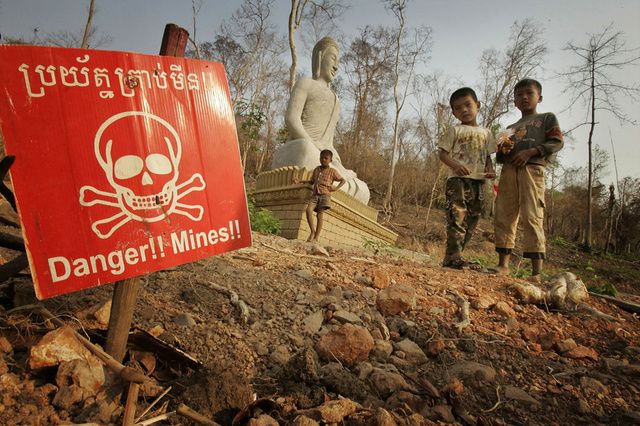
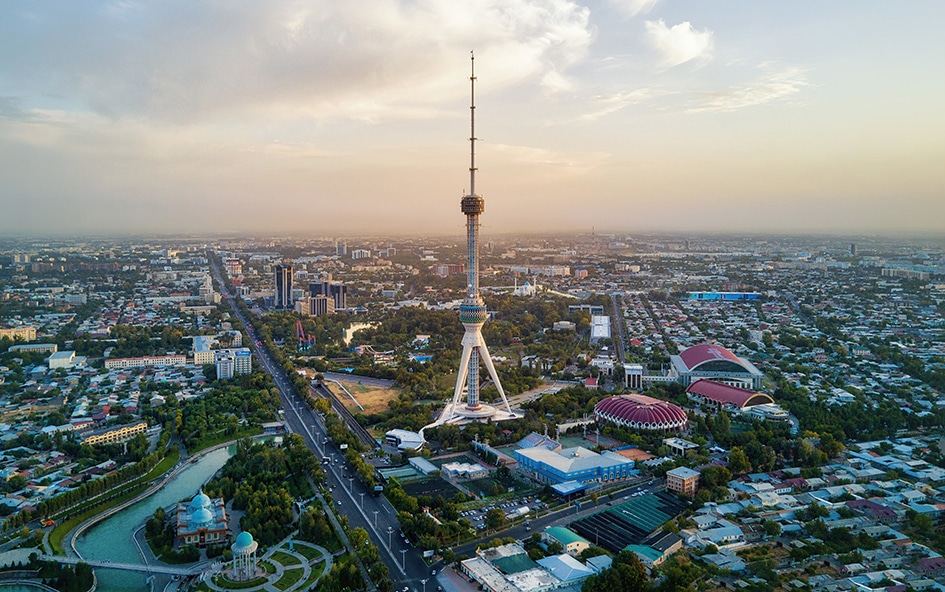

.jpg)
